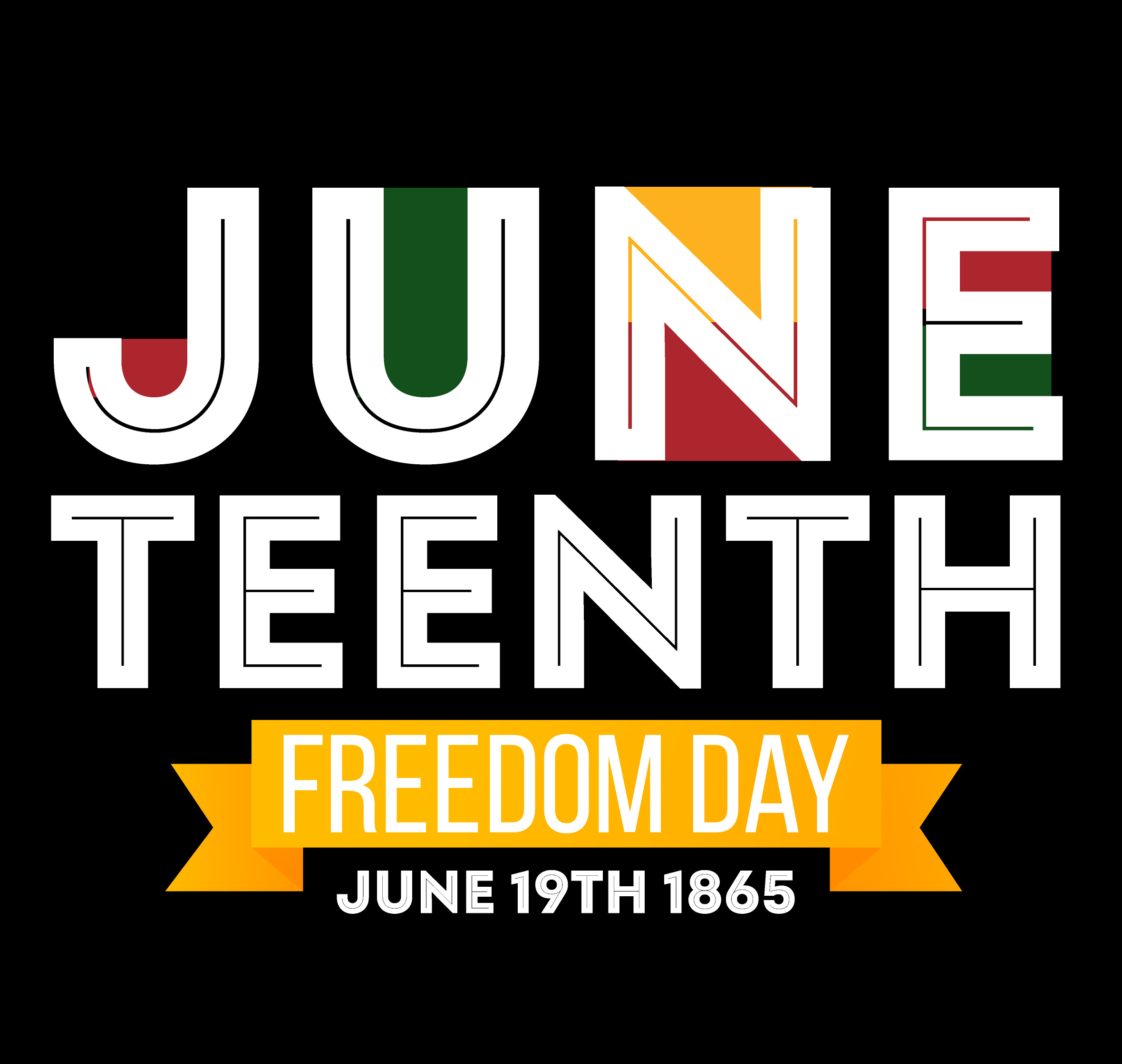Paula Garrett
My 92-year-old mother grew up celebrating Juneteenth. She is a Texan, and she says that she learned about it in school. She was taught the history of it, the fact that it took two years for the news to get from Lincoln’s Emancipation Proclamation all the way to Galveston, TX. As a young girl, she imagined what it would have been like to learn that you had been freed but had not been told for two years. She says it was so vivid for her to imagine, and she credits the school lessons on Juneteenth with helping her become empathetic and to have a heart for racial justice.
Fast forward to my upbringing. I was in elementary school in the 70s, but I was not in Texas. I was in South Carolina, a state with a harsh racial history and an apparent unwillingness even to acknowledge the importance of Juneteenth. My mother talked about it, and it galled her that it was not a holiday. She made sure we knew about it, but that’s really all I knew about it until I began studying American history in graduate school. Still, until President Biden signed onto it as a national holiday, I really had not thought about its significance. After all, it didn’t really feel like it was my history.
Now, though, I think about why it matters to me as a white person. Why should it matter? Half of my family is Texan; in fact, my mother’s family is Houston. That’s a powerful name in Texas. But my father’s family was a hardworking mill family that made a living through increasingly responsible jobs in South Carolina’s textile mills. They were blue collar workers who found their way into management. Sometimes, when I think about white privilege, it is hard for me to identify with it, given my modest roots on my father’s side. But when I substitute power for privilege, the truth unfolds for me, and I have to grapple with my race’s role in the subjugation of other people.
The work I do with Neighborhood Economics helps me confront these truths, as well. It helps me understand that history is replete with examples like Juneteenth, times when white people had the upper hand not only with money but also with knowledge, as in the case of Juneteenth, with knowledge that would have given slaves their freedom years before.
Juneteenth should matter to white folks because we still have work to do on fulfilling the promise that it delivered. The freedom it ensured should also mean access to the life, liberty, and pursuit of happiness enshrined in the preamble to our constitution. Yet, life for people of color in this country has not measured up to those ideals.
The Washington Post released findings from a poll last week showing that 51% of Black people who responded believe that racism is or will get worse, not better. Almost 70% of responses by Black people indicated a belief that it is more dangerous to be a Black teenager today than it was in their teens.
This is why Juneteenth matters to white folks. The freedom finally granted to slaves in Galveston still has not been realized. Not only that, but in our increasingly bifurcated culture, that freedom looks somedays like it never will be fully realized.
And, it won’t, if we don’t work for it. Bridging the racial wealth gap, challenging racist structures, and working toward economic justice is not easy work, but it is the work before us if we have any hope of making that promise of freedom matter. If we do, we should pause to celebrate that freedom on Juneteenth, and then we should work like hell the rest of the year to make it so.
Our next event is in San Antonio, 250 miles up the road from Galveston. Today, San Antonio complicates our understanding of race even more, and we can’t wait to dig into this work together. Today would be a good day to commit to joining us, a good day to celebrate the promise of freedom, and to stack hands with us on the work we need to do to make it so.


1 Comment
Juneteenth should matter to all Americans because it acknowledges that the July 4th holiday is not a true Independence Day. On July 4, 1776 Americans were still enslaving Americans in America. When the Emancipation Proclamation was signed in 1863, Americans were still enslaving Americans in America. America was not truly free until all of its people were freed on June 19, 1865. That is AMERICA’S Independence Day, the first time they could say the words, Independence Day, and it not be a lie.